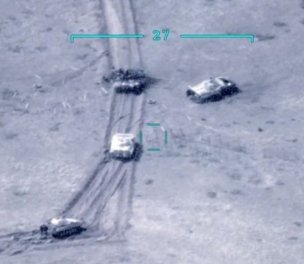Amnesty International calls on Azerbaijan, Armenia to protect civilians
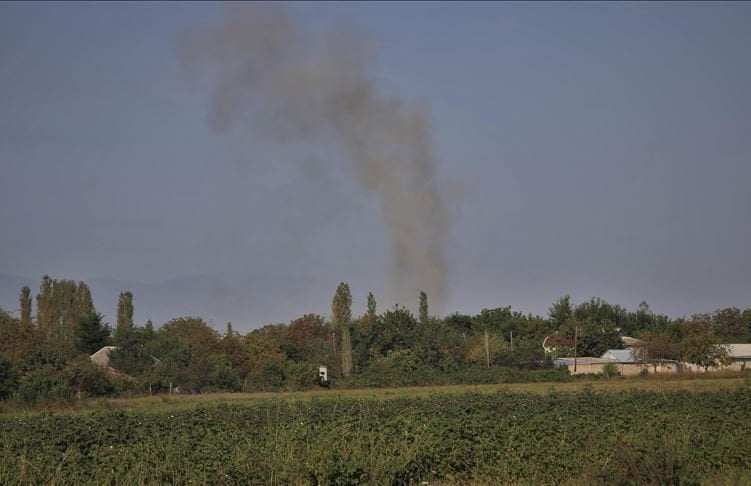
Photo: AA
Click to read the article in Turkish
Amnesty International has called on "all sides to the conflict" in Azerbaijan's breakaway region of Nagorno Karabakh to fully respect international humanitarian law and protect civilians from the effects of hostilities.
Dozens of soldiers and civilians are reported dead on both sides in the clashes that started on September 27.
While it is reported that most of the casualties have been military, all sides have also reported civilians killed and injured.
According to Armenia's Defense Ministry, civilian towns and villages, including the regional capital Stepanakert/Khankendi, were bombed by artillery in the early morning on Sunday (September 27). Social media users
from Armenia have also circulated photos and videos purportedly showing the shelling of Stepanakert/Khankendi and surrounding areas.
Nagorno-Karabakh's de facto authorities reported that two civilians, a woman and a child, had been killed by Azerbaijani forces' shelling in Martuni region of Nagorno-Karabakh, while two other civilians were reportedly
wounded and schools have been targeted.
The Ministry of Defence of Azerbaijan has reported that several civilians have been wounded and killed and civilian infrastructure damaged as a result of intense shelling by Armenian forces in several villages along the frontline, including the shelling of the Azerbaijani town of Terter, south of Nagorno-Karabakh. This allegedly resulted in the destruction of several civilian houses on 28 September and the shelling of the Dashkesan region of Azerbaijan on 29 September. Ten civilians have been reported dead and 30 wounded after three days of hostilities.
Amnesty International has not yet been able to independently verify the reports of civilian casualties or to ascertain the circumstances in which they occurred.
The Azerbaijani government has also reportedly limited internet access throughout the country. According to the Azerbaijani Ministry of Communications, the restrictions serve the purpose of preventing provocations. Azerbaijani human rights activists told Amnesty International that the authorities have blocked most social media and only limited VPN access is currently available.
Azerbaijani security services also arrested and questioned activist and former prisoner of conscience Giyas Ibrahimov in his flat after he published Facebook posts criticizing the hostilities. He was released the same day without any charges after being interrogated at the State Security Service building.
Amnesty International calls on the parties to the conflict to fully respect international humanitarian law, particularly the prohibition of direct attacks on civilians and civilian objects, and of indiscriminate attacks. Military forces also must take all feasible precautions to spare civilians and civilian objects.
This means that they must not use explosive weapons with wide-area effects, such as artillery, in the vicinity of concentration of civilians. Reports of violations of international humanitarian law must be thoroughly investigated and perpetrators held accountable. Armenia and Azerbaijan also continue to be bound by their obligations under international human rights law and must not use the conflict as a pretext for arbitrary restrictions on rights. Reports that authorities in Azerbaijan have cut access to the internet across the country are deeply worrying. This would be a disproportionate measure and violate the right to freedom of expression.
Even more disturbing is the arbitrary detention of Giyas Ibrahimov in retaliation for his peaceful, anti-war views violating his right to free expression.
Amnesty International also urges the international community to monitor the situation and exert every effort to ensure both sides of the conflict observe international humanitarian law and give civilian protection absolute priority.
The Nagorno-Karabakh disputeRelations between the two former Soviet countries have been tense since 1989 over Nagorno-Karabakh, or Upper Karabakh, an internationally recognized territory of Azerbaijan. In 1989, the parliament of Azerbaijan removed Nagorno-Karabakh's autonomous status, which had been in place since 1923. During the dissolution of the Soviet Union, Armenia began military operations into Nagorno-Karabakh in 1991. In the same year, the separatist administration in Nagorno-Karabakh declared independence. The Azeri people of the region had boycotted the independence referendum. The independence of the Nagorno-Karabakh, or Artsakh republic, is not internationally recognized. Four UN Security Council and two UN General Assembly resolutions as well as many international organizations demand the withdrawal of the occupying forces. The OSCE Minsk Group – co-chaired by France, Russia and the US – was formed in 1992 to find a peaceful solution to the conflict. A cease-fire was agreed upon in 1994. France, Russia and NATO, among others, have urged an immediate halt to clashes in the occupied region. |
(EMK/VK)




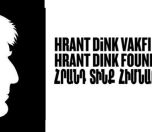
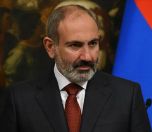
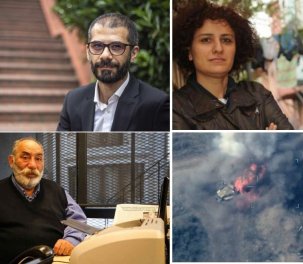
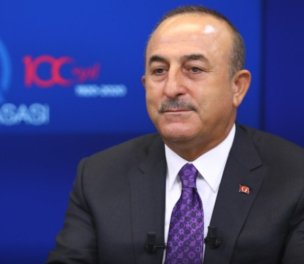
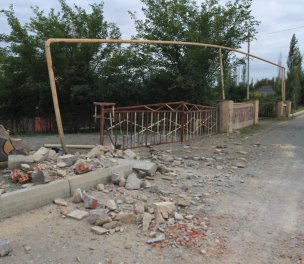
-132.jpg)
_(1)sa.jpg)
